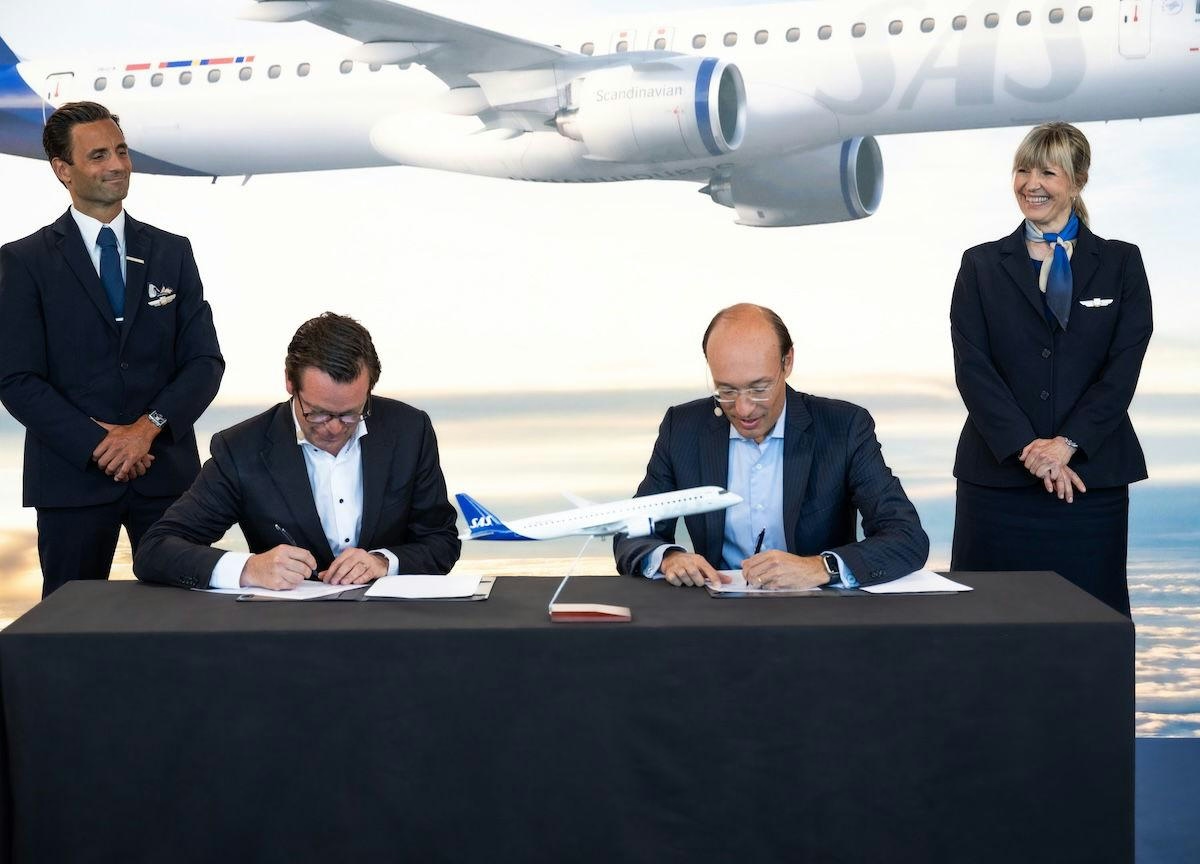
Smarter email, faster business.
Trending
Korean Air Acquires Spare GE9X Engines to Boost Operational Resilience
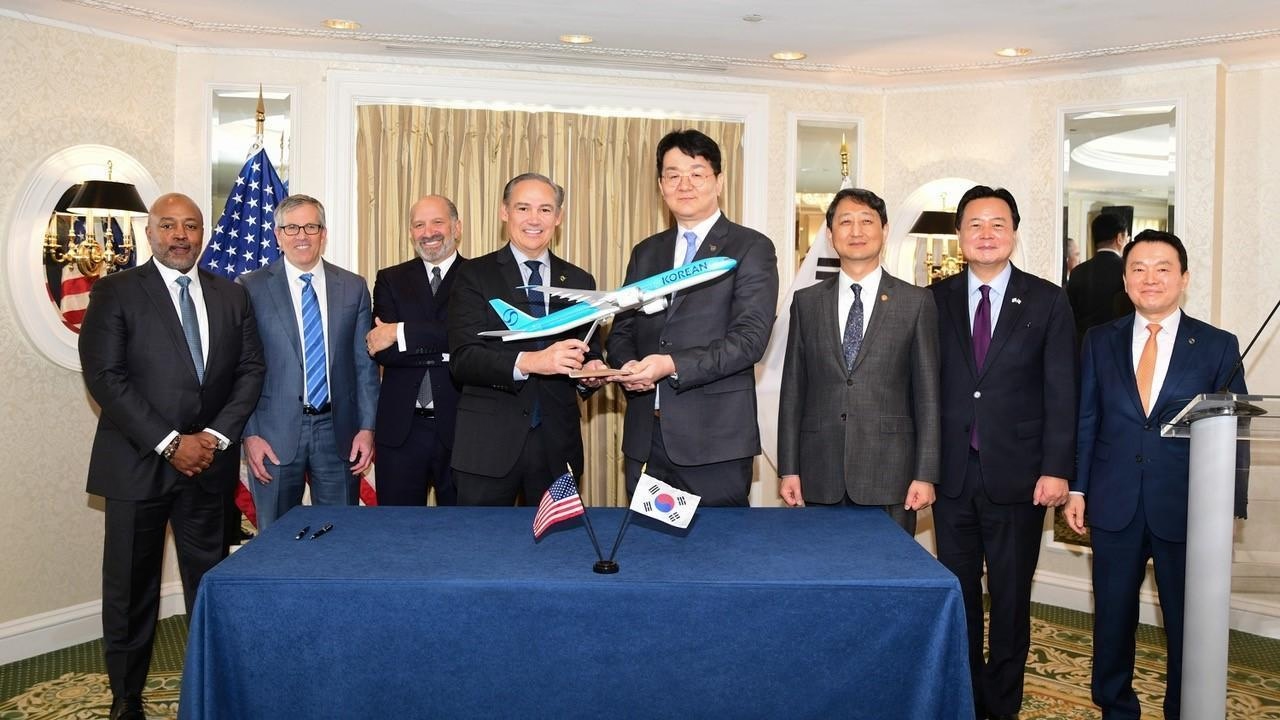
Korean Air Acquires Spare GE9X Engines to Boost Operational Resilience
Strategic Investment in Spare Engines
Korean Air is enhancing its operational resilience through a significant acquisition of spare engines, securing four GE Aerospace GE9X engines alongside four GEnx-1B engines to support its forthcoming Boeing 777-9 and 787-10 fleet. The $7.8 billion agreement includes a comprehensive maintenance package with GE Aerospace and options for two additional GEnx-1B engines. This development follows high-level discussions between Korean Air executives, Boeing, and GE Aerospace in Washington D.C., aimed at strengthening collaboration as the airline prepares for a substantial fleet expansion.
This acquisition forms a critical part of Korean Air’s broader strategy to address risks stemming from ongoing supply chain disruptions and limited engine maintenance, repair, and overhaul (MRO) capacity—challenges that have affected airlines globally. By investing proactively in spare engines, Korean Air aims to reduce operational disruptions and uphold its reputation for reliability and punctuality, particularly as global travel demand continues to recover.
Context Within Fleet Expansion and Industry Challenges
The spare engine deal complements Korean Air’s memorandum of understanding signed earlier in 2024 with Boeing for 20 Boeing 777-9s and 20 787-10s, with options for an additional 10 787-10 aircraft. The total value of this aircraft order is estimated at $24.9 billion. Despite widespread industry delays, Korean Air’s Chief Operating Officer Jason Yoo has indicated that the airline expects to receive its 777-9s by 2029 and remains unaffected by production setbacks specific to this model. Nevertheless, the airline is currently operating with 20 fewer Airbus and Boeing aircraft than initially forecast, underscoring the critical importance of its investment in spare engines.
Supply chain constraints may still pose challenges to the timely delivery and integration of these spare engines. Industry analysts suggest that competitors may respond by pursuing similar agreements or enhancing their own operational resilience, potentially causing short-term fluctuations in the aviation market as airlines and investors adjust to evolving fleet management and supply chain dynamics.
Addressing Current Fleet Challenges
Korean Air’s proactive approach is further demonstrated by its management of existing fleet issues. According to the Aviation Week Network Fleet Discovery database, three of the airline’s Pratt & Whitney PW1500G-powered Airbus A220s are currently grounded at Seoul Gimpo Airport, reflecting broader industry-wide engine challenges. By securing additional engines and investing in maintenance infrastructure, Korean Air is positioning itself to navigate the logistical complexities of modern air travel and capitalize on the ongoing recovery in global passenger demand.
This strategic initiative not only reinforces Korean Air’s commitment to operational excellence but also exemplifies a wider trend within the aviation sector, as airlines seek to safeguard their fleets against supply chain uncertainties and maintain a competitive advantage in a rapidly evolving market.

How Student Partnerships Fuel Aerospace Innovation

Dubai Airshow 2025 Reveals Main Agenda and Activities
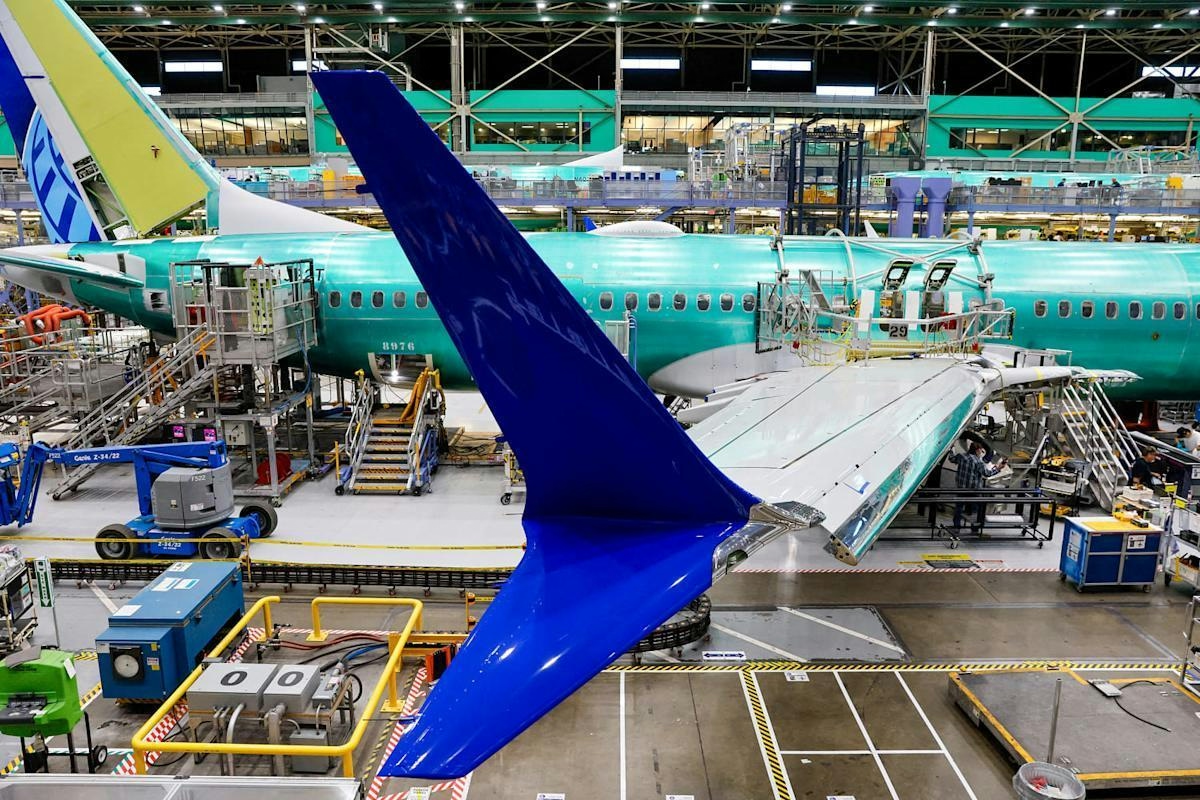
Willis Lease Finance: A Strategic Play in Aviation Leasing Amid Near-Term Volatility
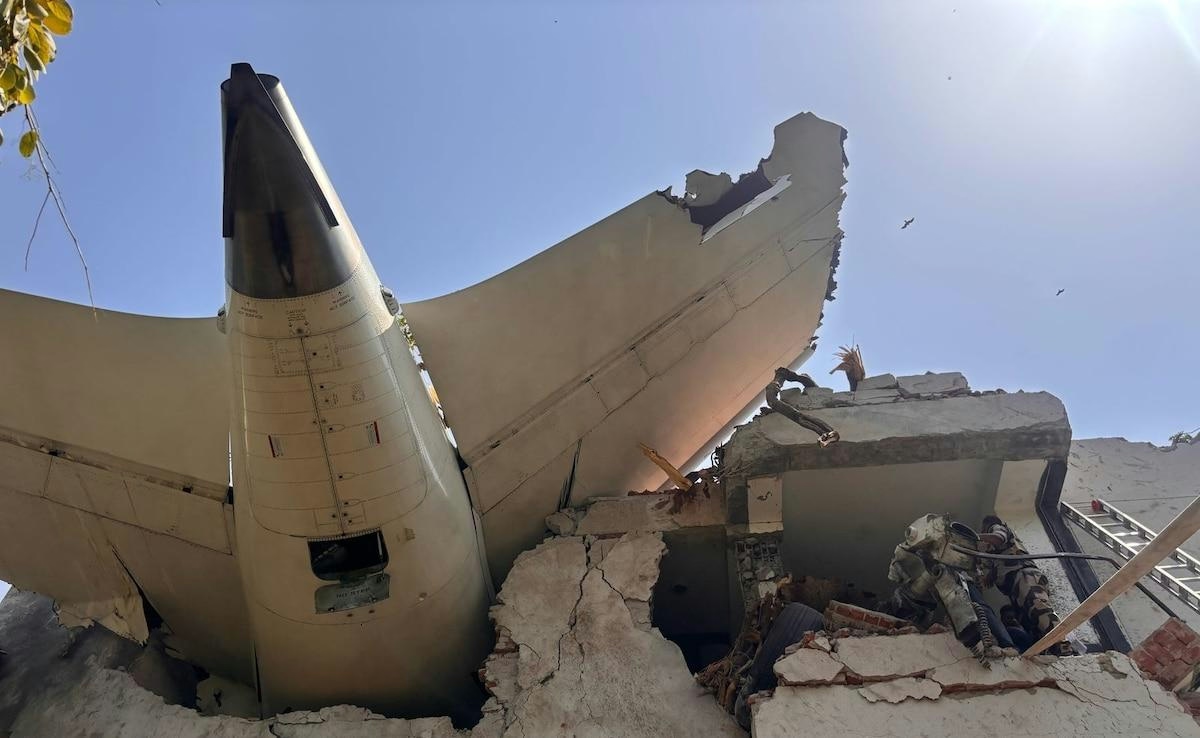
AI-Generated Content Spreads Misinformation After Air India Crash
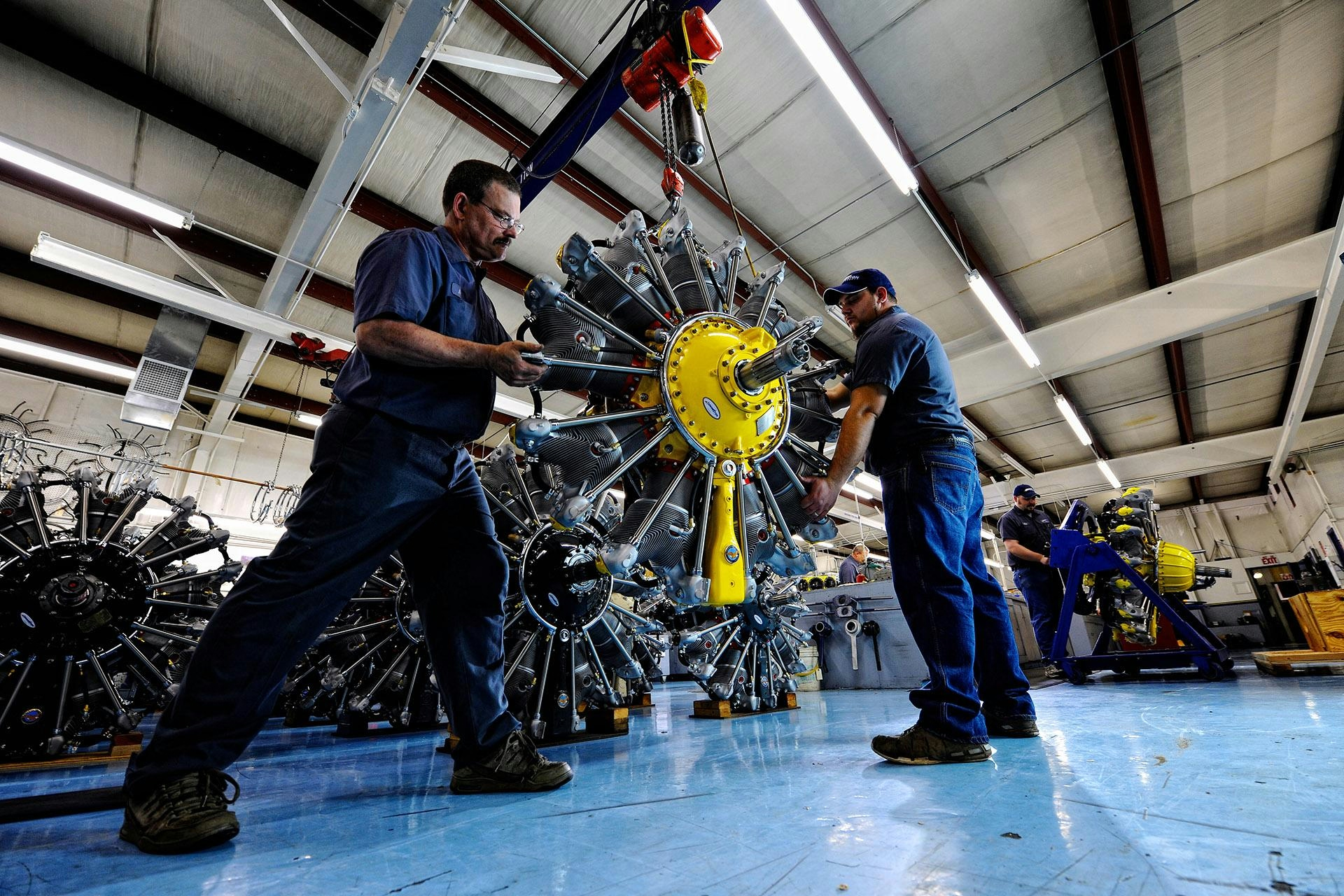
Covington Aircraft Engines to End Radial Engine Production in 2025
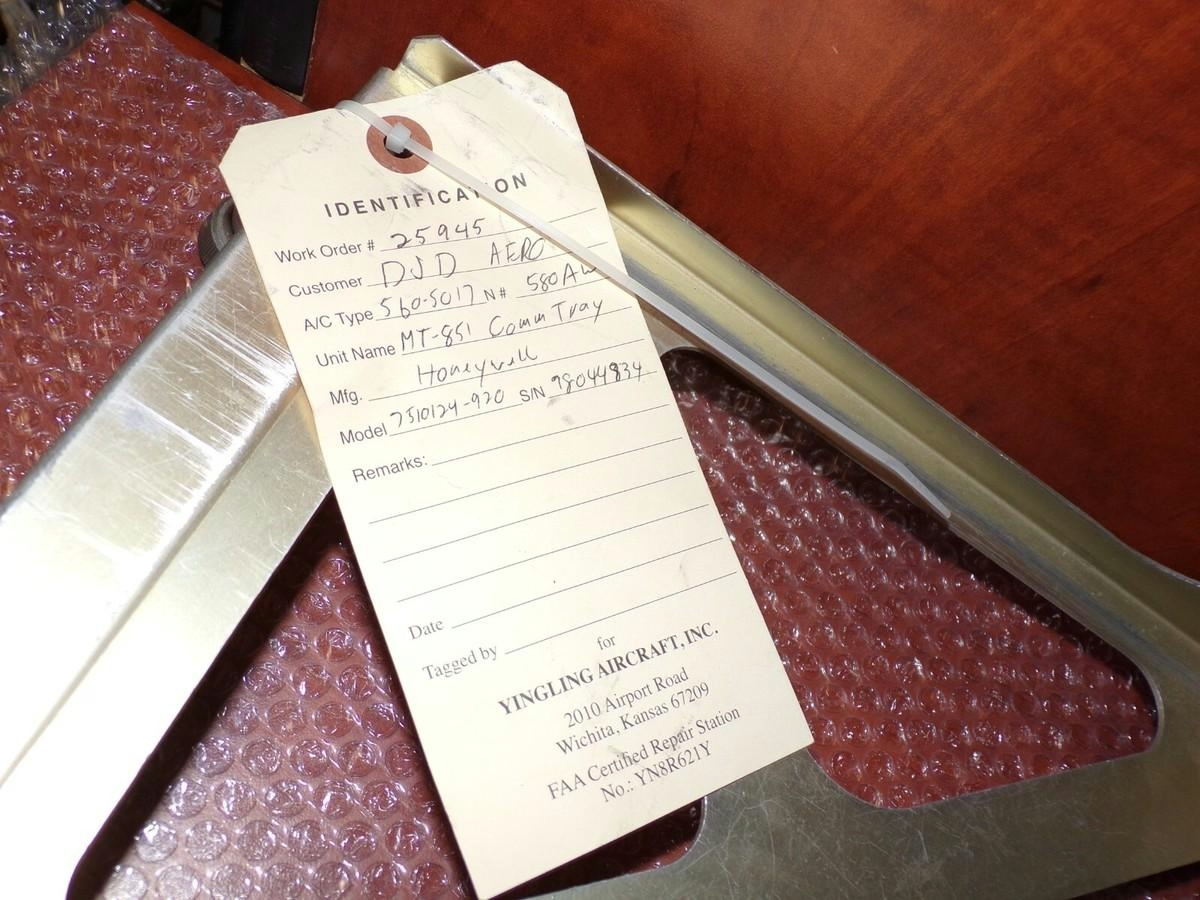
Yingling Aviation Named Authorized Honeywell Dealer

Does Joby Aviation's Milestone in Dubai Point Toward Further Growth?
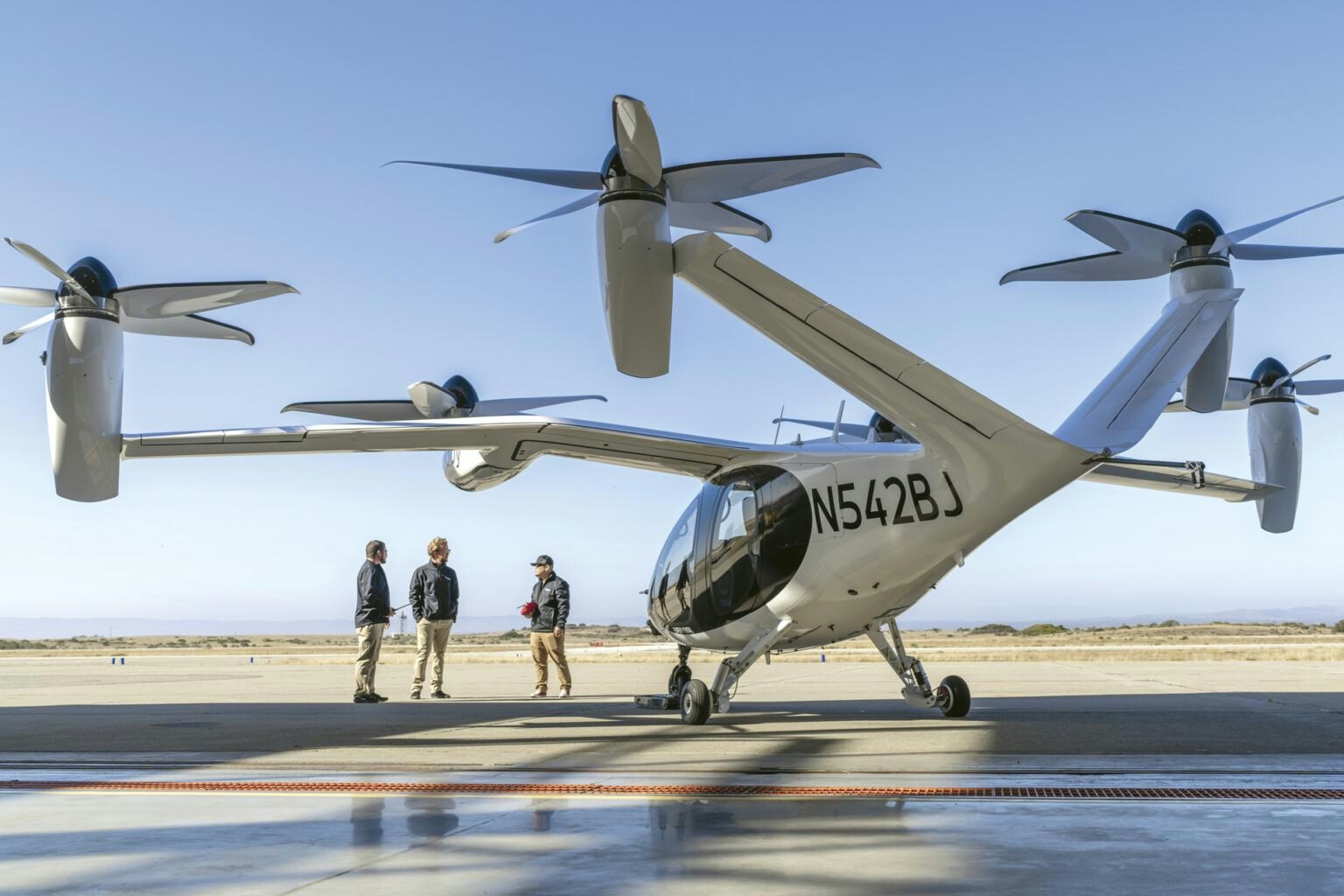
New Invention Promises to Eliminate Airplane Emissions in Country
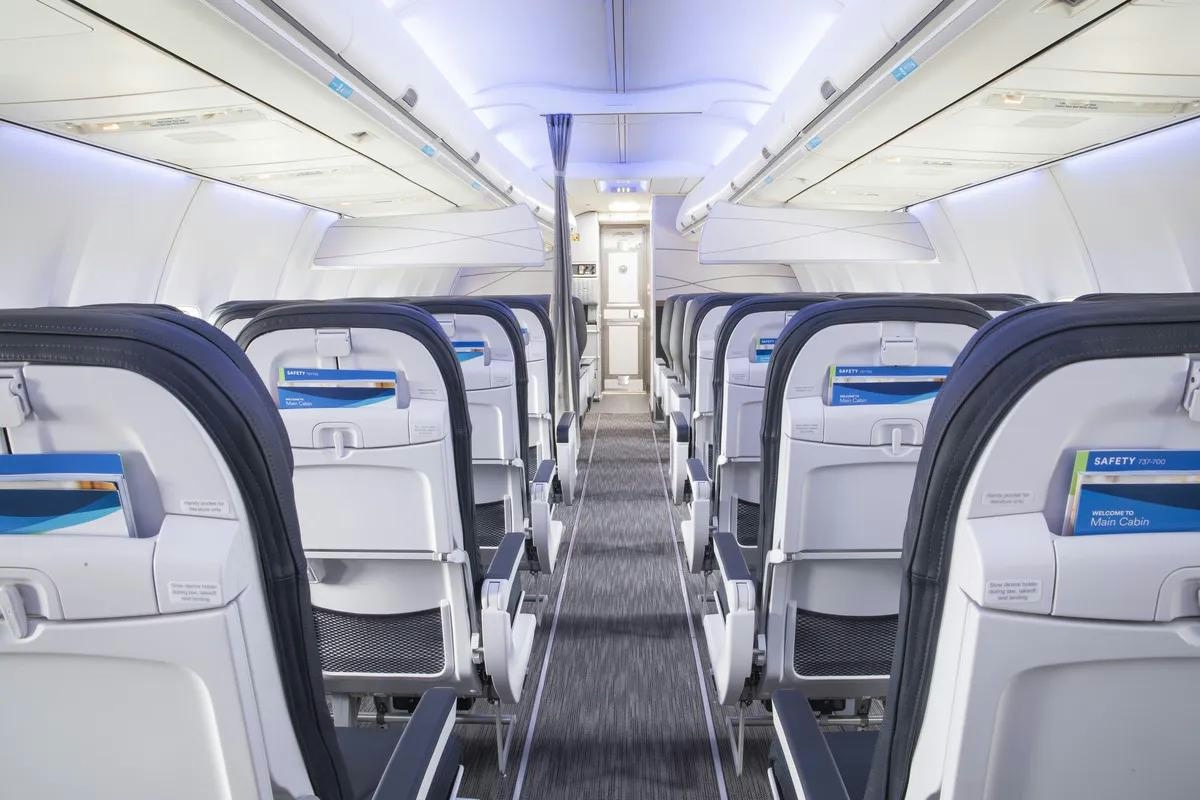
Key Questions on Chinese Travel, AI, and Airlines Answered by Skift
